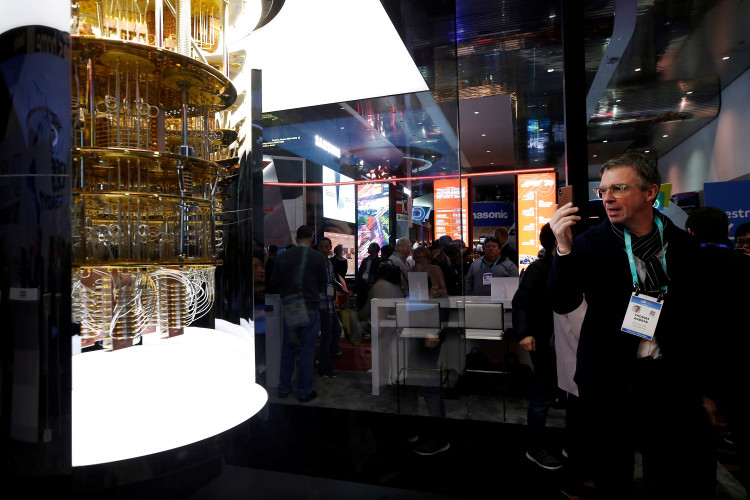At a press conference at the University of Chicago, the U.S. Department of Energy (DOE) revealed a blueprint strategy for the development of a national quantum internet. This brings the nation ahead of the global quantum race and paves the way for a new era of communications.
As countries around the world continue to explore technological solutions to improve communications, quantum mechanics has never been lost in the conversation and in fact is one of the technological frontiers of the 21st century. Now, U.S. scientists believe that the prototype for this tech will be within our hands over the next decade.
The U.S. DOE National Laboratories in February invited universities and industry experts in New York City to develop the blueprint strategy of a national quantum internet. They discussed the important research that needed to be achieved and described the design and engineering barriers, as well as set near-term goals.
"The Department of Energy is proud to play an instrumental role in the development of the national quantum internet," said U.S. Secretary of Energy Dan Brouillette. "By constructing this new and emerging technology, the United States continues with its commitment to maintain and expand our quantum capabilities."
One of the most critical features of quantum transmissions is that they are exceedingly challenging to penetrate, making eavesdropping on information an impossible task. This makes quantum internet a virtually unhackable network.
Industries of all kinds can benefit greatly from the adoption of this technology, from health services and banking, to aircraft communications and national security. Of course, mobile phones would definitely have this tech in the future and greatly change the lives of many across the globe.
DOE's 17 National Laboratories will serve as the backbone of the coming quantum internet, which will rely on the laws of quantum mechanics to control and transmit information more securely than ever before.
The DOE researchers lay out five milestones. The first is to make sure quantum technology can do many of the tasks we use networks for now, like exchanging data safely and completely with minimal loss. By the final milestone, a complete network of government and university nodes should be able to transition to the infrastructure for home and commercial users.
Already, the steps toward building quantum internet are underway in Chicago, which has been touted as one of the leading global hubs for quantum research.
DEO's report paves the way to make sure that the fruits of the National Quantum Initiative Act, signed into law by President Donald Trump, will materialize.





